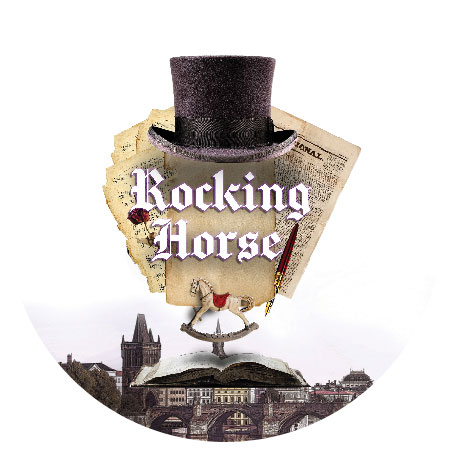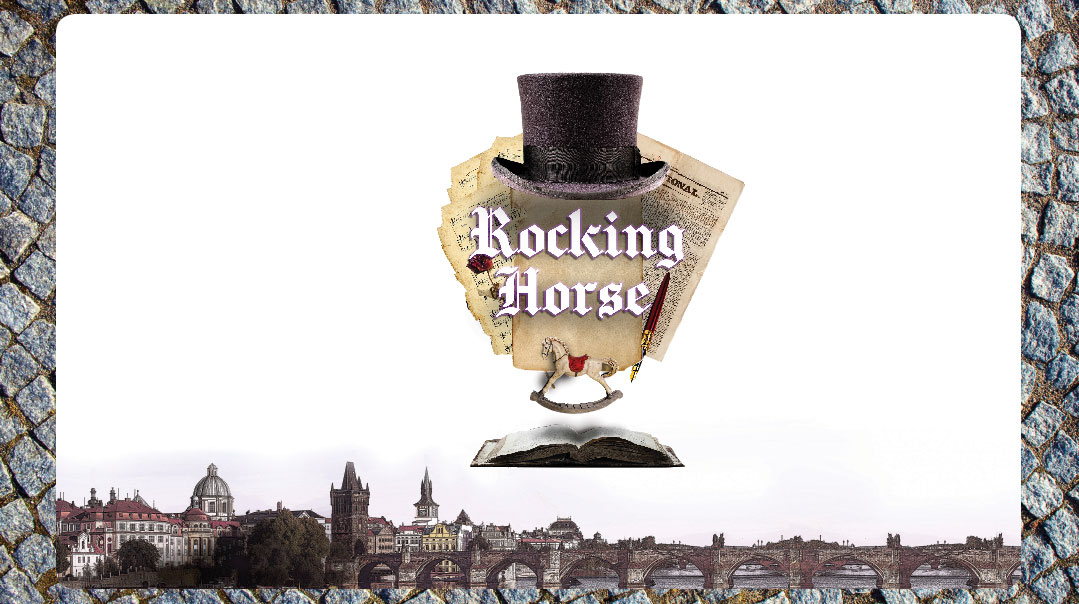Rocking Horse: Chapter 50

They cover their heads and they wear tzitizis and they grow their beards and they bring out their instruments to play on Shabbos

Friday afternoon, and no one has come to pick up Ernst’s violin to take it to the concert hall. Hannah has been listening out for the knock at the front door, even as she puts the chicken soup on the blech and takes the chicken out of the oven and considers whether or not five more minutes in the oven will turn light gold to dark gold, just the way Ernst likes it, or whether it would grow too dark and crispy, and will be dry by the time they eat it.
Freshly groomed for Shabbos, Ernst stops in the kitchen for his weekly sample of babka.
“Are you not playing tonight?” she asks.
He shakes his head. “Thankfully not.”
“Thankfully? This is not like you.”
He dabs the crumbs from his mouth with a linen napkin. “After last week we have some time off.”
She nods. This past week was double concerts — afternoon and evening.
“ ‘Serenade for Strings’ was a success. Good mothers jumped at the opportunity to introduce the melody to their children.” He hums a few bars and Hannah nods in recognition.
“So tonight there is no concert?”
“Tonight it is the turn of the wind section to show off their prowess.”
Relief washes over her. “I’m glad.”
He gives an ironic smile. “I am sure that you are.”
“With Raizel here, and Becca, and the children, it will be nice to linger over the Shabbos meal.”
“Yes, let us not shock the little girl any more, eh?”
Hannah stirs the cholent, a little whirlpool of barley and beans and specks of paprika, not yet bound and transformed by heat and time.
Would Raizel be shocked? Of course. Would she have to know? Emmy is not known for her reticence. It would be just like her to call out, “Play well, Papa!” as her father leaves the house. Hannah always felt wounded by her daughter’s words, wondering if she did it just to hurt her, or perhaps to show her up — if your wife will not give you her blessing, your daughter shall.
Ernst dabs his mouth again. “How long, Hannah?”
She turns to him. “Excuse me?”
“How long will they be staying?”
She studies his face. He says it without rancor, without resentment. He is a good man. But still.
Oops! We could not locate your form.


